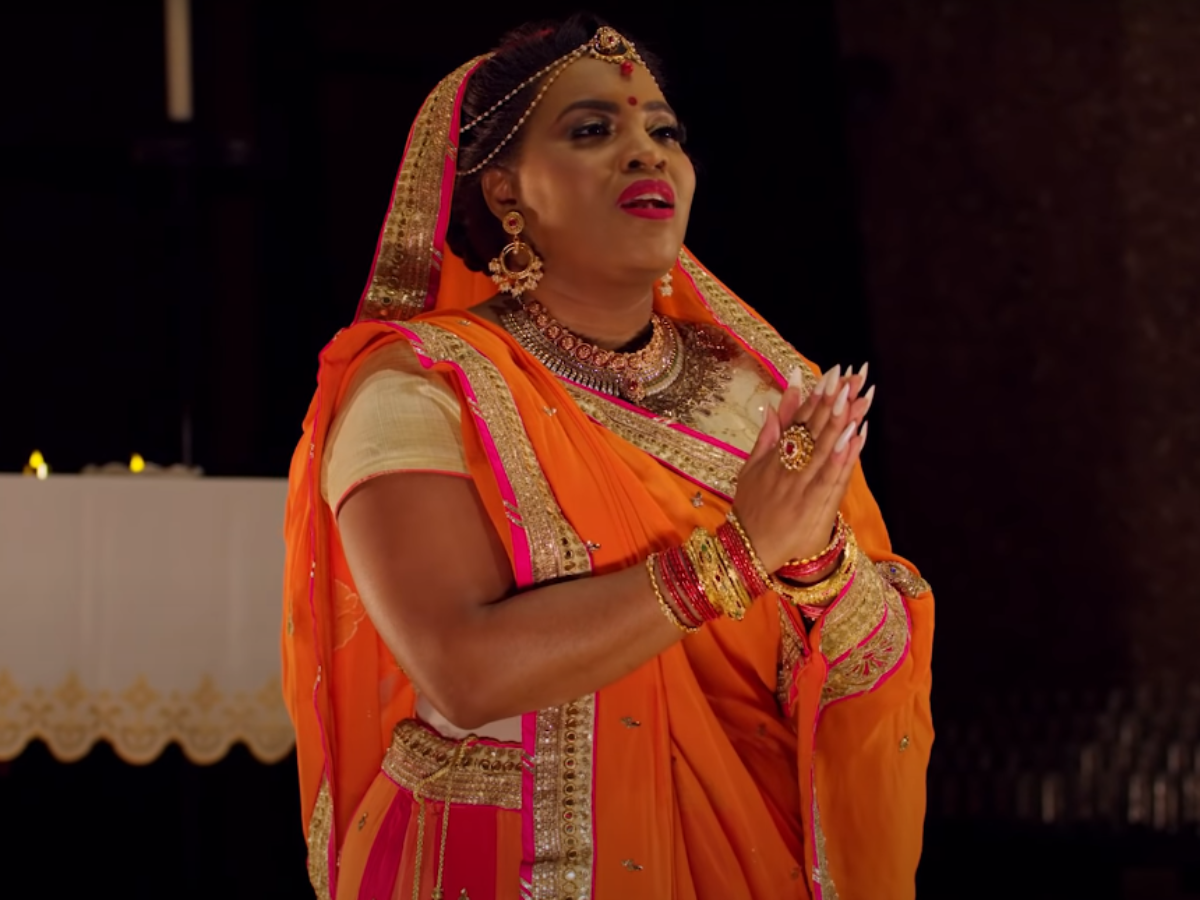

Bhagyawati can, however, rightly claim many firsts in the field. Pariksha Guru, written by Shri Niwas Dass, is a contender for the prestigious first place. His novel Bhagyawati, written with the sole purpose of bringing an awakening amongst the womenfolk, has been called the first Hindi novel, although the claim is not uncontested. Though Shardha Ram was the product of religious turmoil of his age, he was far ahead of his times”. The study of this book was made compulsory for getting into administrative services. Punjabi Batcheet depicts different customs usages and fashions prevalent in different regions of Punjab such as Malwa and Majha etc idioms, modes of expression and variations in dialect are shown. Perhaps, for this reason, this book was prescribed as a textbook for higher education. The last chapter contains customs, usages and folk song s of Punjab. It contains the story of the Sikh religion and politics according to the perception of the author. Sikhan De Raj Di Vithia and Punjabi Batcheet are two notable works of Shardha Ram in (Gurmukhi) The first work earned him the title of “Father of modern Punjabi prose. When the latter learned about the birth of a son, he predicted that the boy would accomplish many things and win laurels during the short span of his life.

His father, Jai Dyalu was an astrologer by profession. Shardha Ram was born in a Brahmin family at a small town, Phillaur (Jalandhar) in the year 1837. Satya Dharm Muktavli and Shatopadesh established Shardha Ram as a poet of eternal devotion and dedication on a par with Tulsidas and Surdas of the Bhakti Movement. Sukh sampati ghar aawe kasht mite taanka. He firmly believed that total surrender before the Almighty bestows all kinds of bliss! Tum bin aur na duja aas karun main jiski. Maat pita tum mere, sharan gahun main kiski, The omnipresent Almighty God is everything to the poet and he cannot even think in terms of another:. The devotional feelings of the author show through each line of the prayer. The word Shraddha denotes the devotion and dedication of the author at the same time, this reference makes him the creator of the prayer. Even during his lifetime, the popularity of this prayer tempted many persons to appropriate it. Only a few people are aware of the fact that Shardha Ram was the creator of the most popular prayer Om Jai Jagdish Hare, sung by almost every Hindu family the world over. He was a true Hindi lover and an effective writer of his times.”

Renowned critic Ram Chander Shukla writes “His language was forceful and his speech hypnotic. However, with the passage of time, the truth stands established. This dying declaration of Shardha Ram might have seemed an exaggerated estimation. To-day only one shall remain.” His reference to the other Bhasha writer was to the celebrated Bhartendu Harishchandra. While on his death-bed he had said, “There are two writers of Bhasha in the whole of India. His contribution towards the evolution of modern Hindi is imseminal. He was also a social reformer and a trend-setter in the fields of Hindi and Punjabi literatures. You can listen to it here: Om Jai Jagdish Hare – Text and AudioĪnd this the story of Om Jai Jagdish Hare and its writer ( history of the Aarti!)Ī powerful literary figure of the 19th century – Shardha Ram “Phillauri” was a Sanatani missionary. However, very few even know the history of this most popular Religious Poem of modern times. On Diwali and other festivals, every household in North India specifically recites the Om Jai Jagdish Hare aarti.


 0 kommentar(er)
0 kommentar(er)
